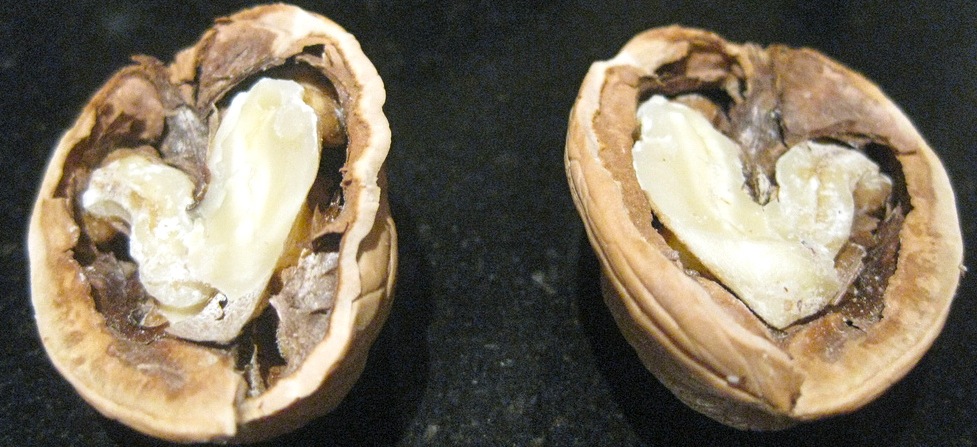Though official recommendations are to first treat high cholesterol with dietary change, many physicians jump right to cholesterol-lowering medications such as statins like Lipitor that can have an array of side effects. As described in my 1-min. video Diet Versus Drugs for High Cholesterol, up to a third of patients prescribed cholesterol-lowering drugs experience adverse reactions. Side effects include liver, muscle, and kidney dysfunction, skin disorders, abdominal pain, nausea, constipation, dizziness, flushing, neurological disorders, and cognitive impairment.
Dietary and lifestyle changes, on the other hand, tend to carry positive side effects. That’s why they are the cornerstones of the American Heart Association guidelines. Recommendations include reduced intake of saturated fat and cholesterol with increased physical activity and intake of dietary fiber. Basically we need to eat fewer animal foods, the only source of cholesterol, and more plants, the only source of fiber. One plant food that may be particularly protective is nuts. See Nuts and Bolts of Cholesterol Lowering for a pooled analysis of studies on nut consumption, cholesterol levels, and risk of death from heart disease.
For more on reducing cholesterol, the #1 risk factor for our #1 cause of death, see:
- What Women Should Eat to Live Longer
- Trans Fat, Saturated Fat and Cholesterol: Tolerable Upper Intake of Zero
- Heart Attacks and Cholesterol: Purely a Question of Diet
- Eliminating the #1 Cause of Death
For preventing our other top killers, see Uprooting the Leading Causes of Death.
For more on nuts, see:
–Michael Greger, M.D.
PS: If you haven’t yet, you can subscribe to my videos for free by clicking here.
